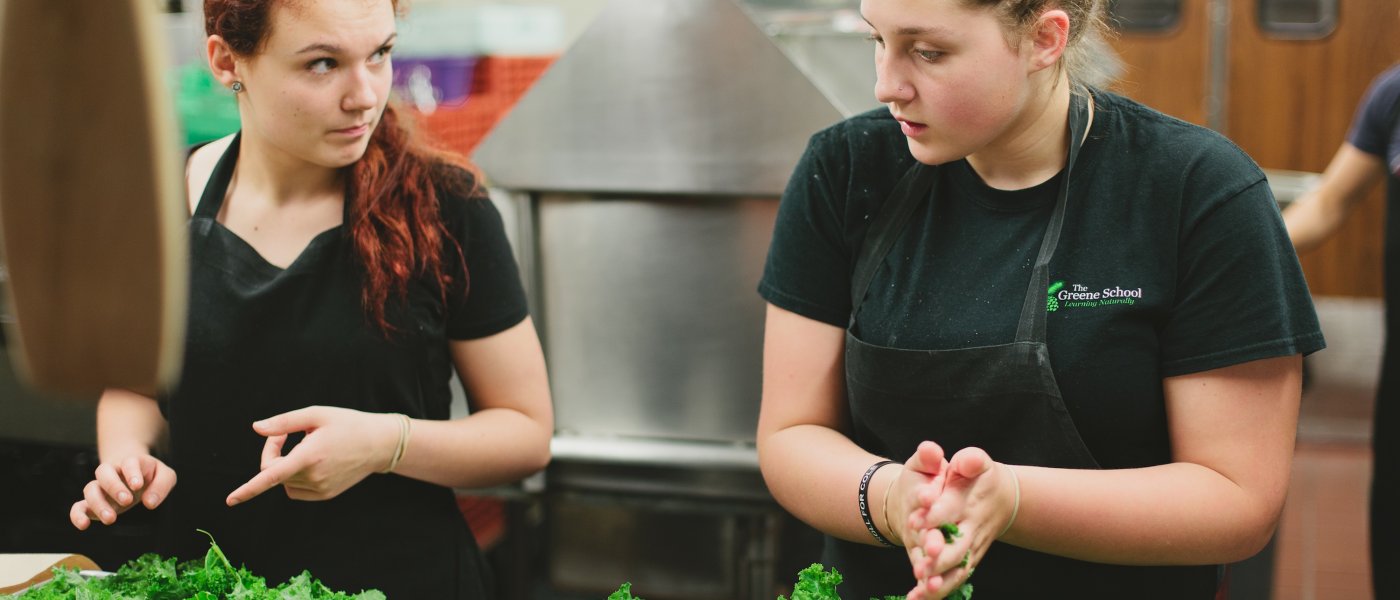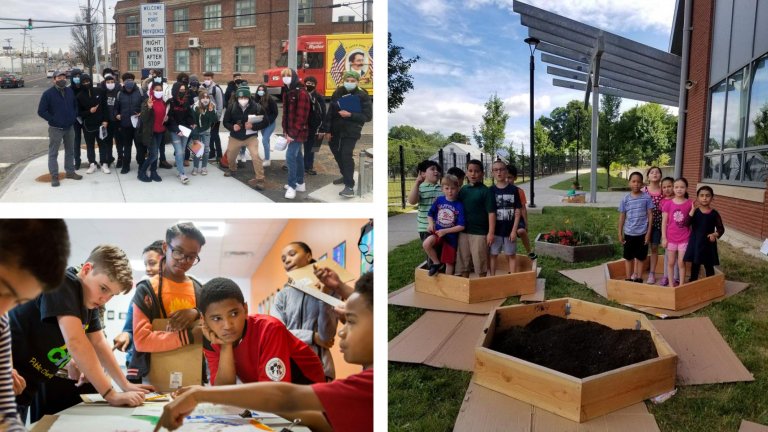The Greene School is a State-wide Public Charter School. The mission of The Greene School is to “develop citizens and leaders engaged in finding peaceful and sustainable solutions to local and global challenge”. The Greene School embraces an expeditionary-based pedagogy and strives to impart the values of integrity, compassion, tolerance, perseverance, and responsibility-both personal as well as societal. By providing direct experiences in nature, along with the latest in environmental science and technology, we prepare our students to be informed, skilled, innovative, and involved community leaders. Our students will grow academically and socially, become the environmental stewards of the future, and actively manage the limited resources that we share as a global community.
We serve students from twenty-two (22) districts across the state of Rhode Island including urban, suburban, and rural communities. We are a unique schooling option for students in grades 9-12 because of our commitment to engaging a diverse student population in environmental education and social justice. 20% of the TGS students receive services for special education, 10% for 504 plans, and 15% are identified as English Language Learners. Students come to The Greene School because of our expeditionary focused EL Education learning philosophies and practices. They are eager to explore their identity as learners and the contributions they are able to make as informed citizens and active community leader.
Our school uses the urban environment predominantly for fieldwork learning experiences. Some of the strong examples of fieldwork include service work at urban farms, conducting research in urban communities, and visiting key city infrastructure such as wastewater treatment plants. The Greene School collaborates with schools in urban areas for service work such as our Waste Solution Summit, which brings awareness to students in elementary and middle school about the impacts of their day-to-day choices on sustainable waste management. We help our students to become leaders by providing them with opportunities to be leaders within their local and surrounding communities.
Another example of how TGS uses the urban communities as laboratory experiences was found in our 2015-2016 grade 12 expedition fieldwork. Groups of students worked to identify urban communities near industrial and brownfield sites to survey for positive and negative implications. Students collected data about the abundance of both amenities and burdens within each area. Students analyzed this data and wrote reports about the environmental and social impacts of industry on urban communities.


